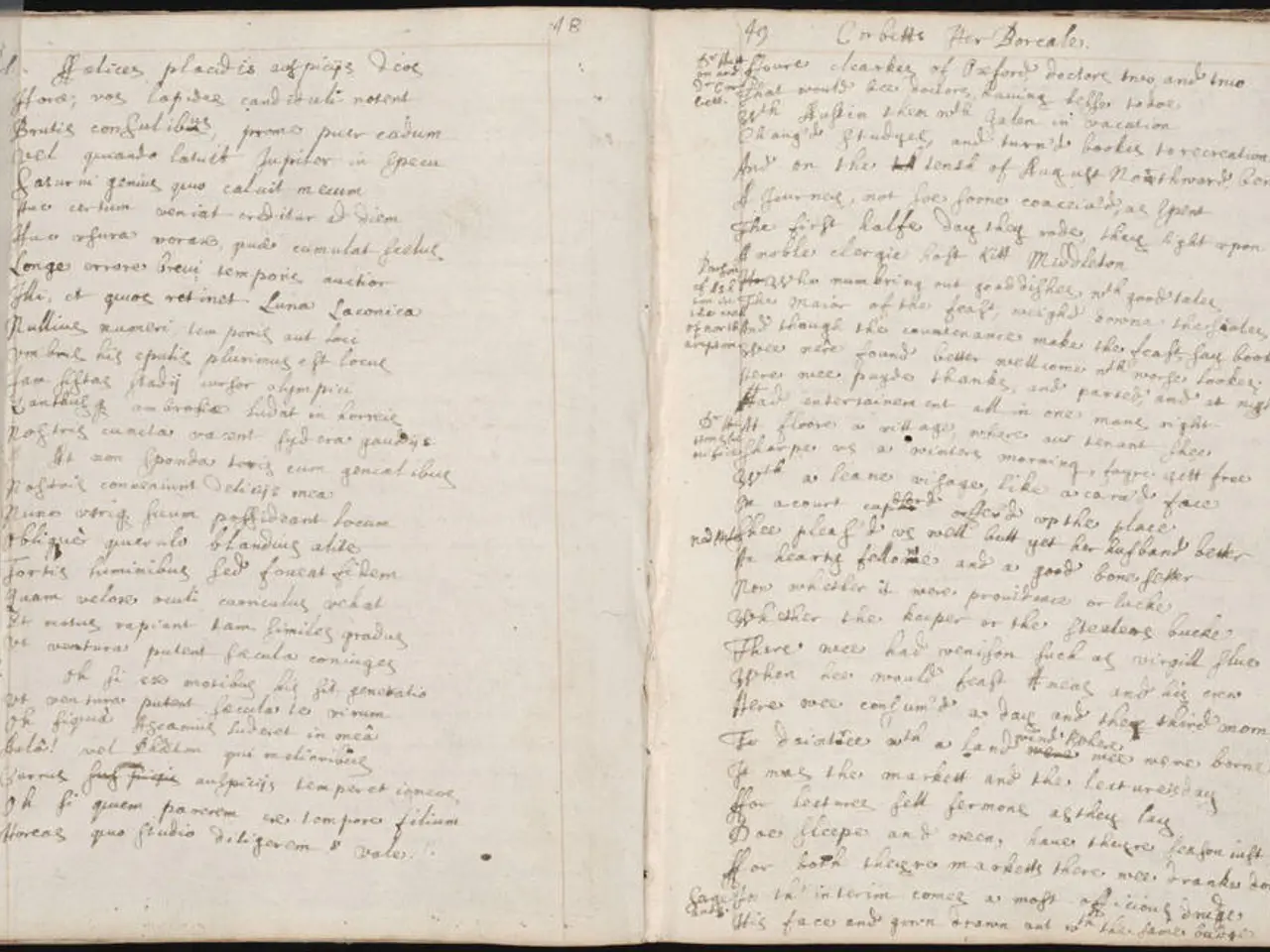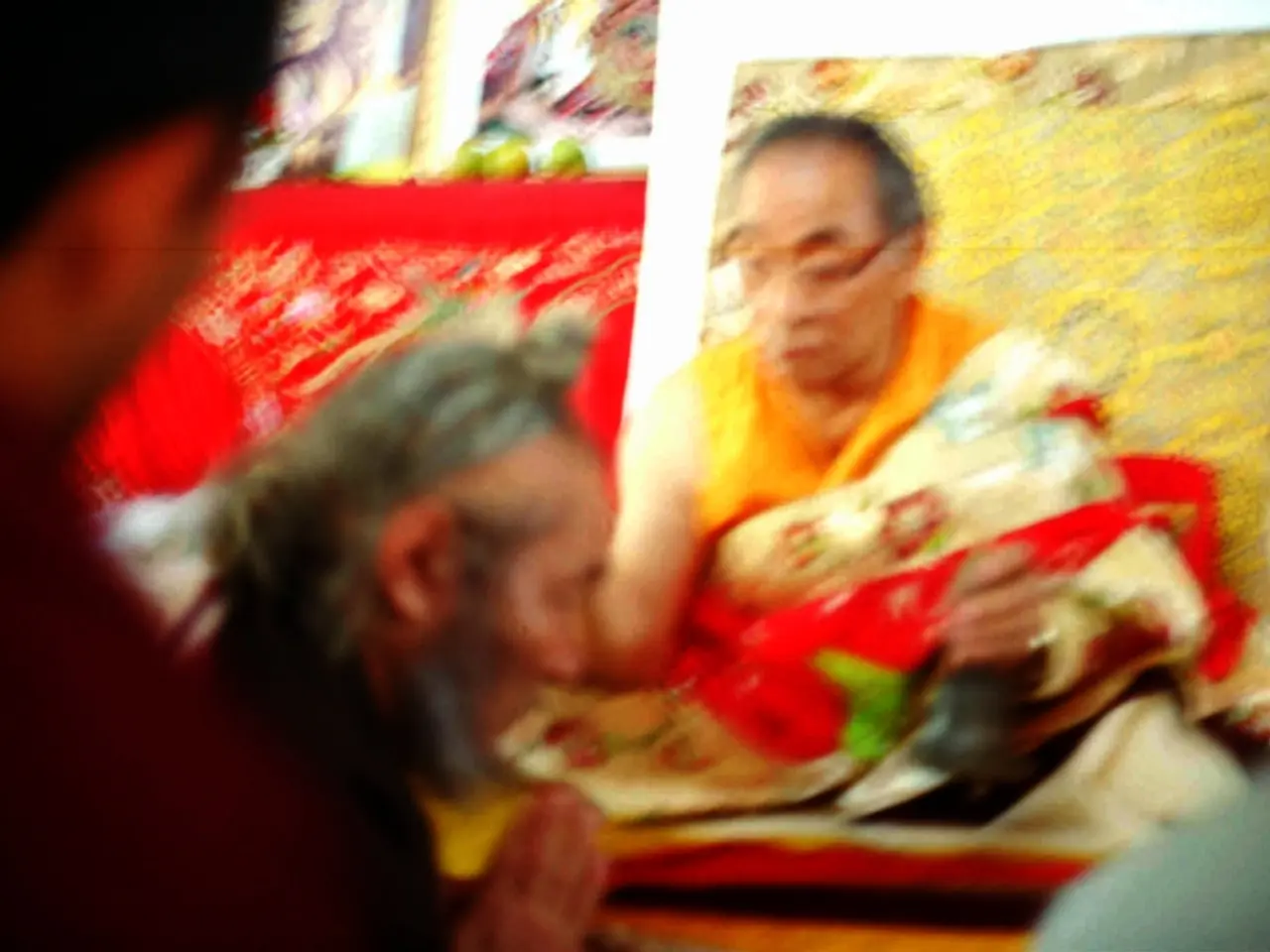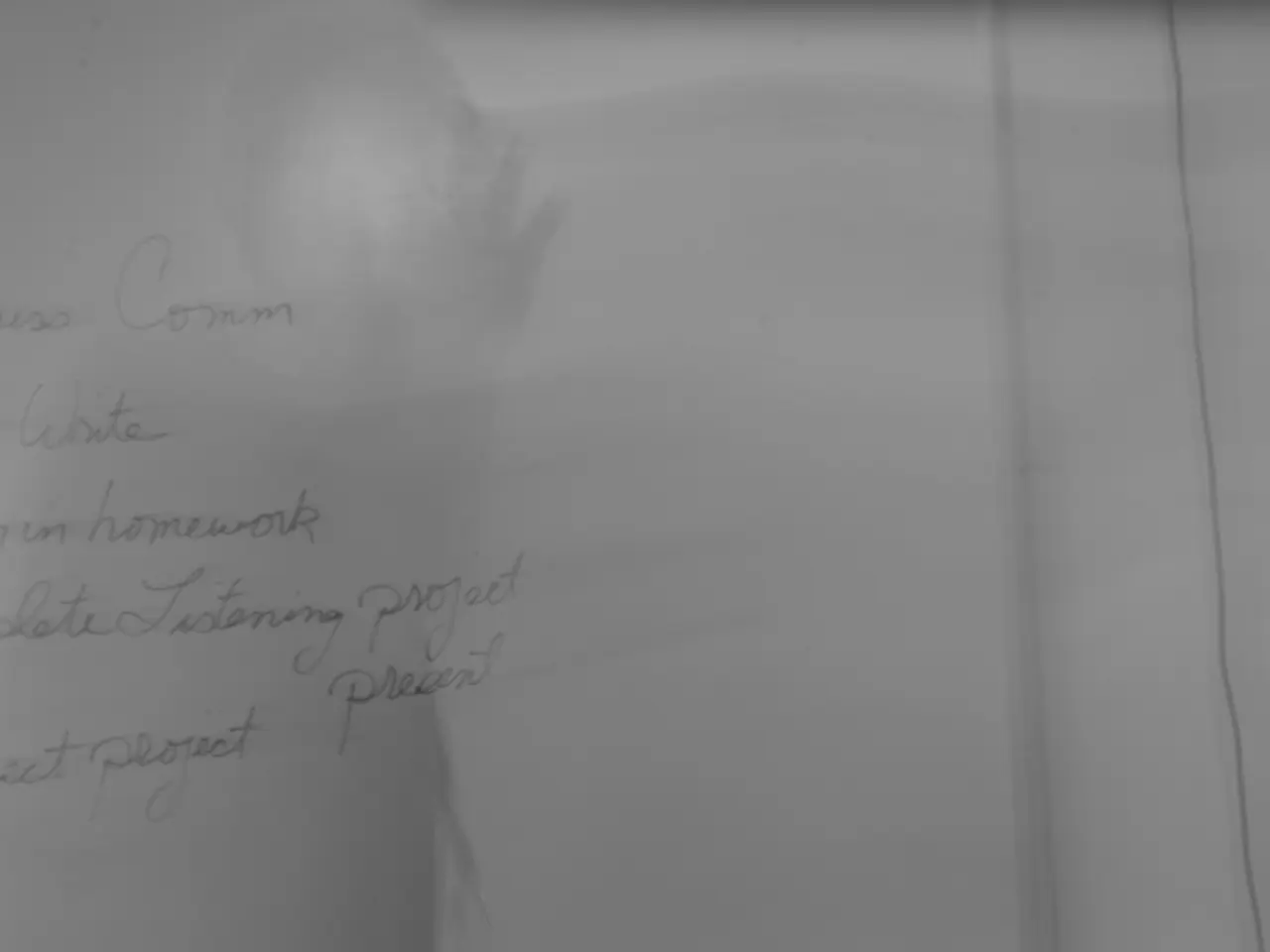One hundred years past, the "monkey trial" incited a deep split within the United States
A century ago, in the sweltering heat of July 1925, the small town of Dayton, Tennessee, became the epicentre of a legal battle that would echo through American history. The Scopes Monkey Trial, as it came to be known, pitted John T. Scopes, a 24-year-old high school teacher, against the religious establishment, in a trial that would challenge the boundaries of science, religion, and education[1][2].
At the heart of the controversy was the Butler Act, a law recently adopted by the state of Tennessee, which prohibited the teaching of any theory that denied the divine creation of man as taught in the Bible[3]. Scopes, who was accused of violating this law by teaching evolution, found himself at the centre of a storm that would attract national and even international attention[1][2].
The trial, which took place from July 10 to July 21, 1925, was a spectacle unlike any other. A horde of journalists, some of whom had even travelled from abroad, descended upon Dayton, transforming the small town into a media circus[1]. The trial was broadcast nationally on radio for the first time in the United States, further amplifying its impact[2].
The courtroom was a battleground where the forces of fundamentalism and modernism clashed. On one side stood William Jennings Bryan, a three-time presidential candidate and a prominent figure in the fundamentalist movement, arguing that evolution was a dangerous and godless theory[1]. On the other side was Clarence Darrow, a renowned lawyer and a staunch advocate of free thought and science, who defended Scopes[1].
Despite the passion and intensity of the arguments, the verdict was a foregone conclusion. Scopes was found guilty and fined $100 USD, equivalent to about $2500 CAD today[6]. However, the verdict was later overturned on appeal in 1927, not on the merits of the case, but on a technicality[2].
The Scopes Monkey Trial was more than just a legal battle; it was a symbol of the cultural and religious tensions of the time, a battle between science and religious dogma[1][3]. The trial marked a turning point in the public discourse on evolution, bringing scientific evidence into mainstream discussion[3][4].
The trial's legacy continues to influence debates about the teaching of evolution and other scientific topics in U.S. schools, often intertwining with broader discussions on religious freedom and the role of science in public education[4]. The U.S. Supreme Court ruled in Epperson v. Arkansas that the state cannot require educational programs to be adjusted to the principles or dogmas of a particular religion[7].
In 1967, the Butler Act was repealed by the Tennessee state legislature, marking the end of a long chapter in American educational history[3]. John T. Scopes, reflecting on the trial in 1965, expressed optimism that legislation aiming to restrict freedom of teaching was a thing of the past and that religion and science could now dialogue in an atmosphere of mutual respect and shared quest for truth[5].
The Scopes Monkey Trial was indeed a pivotal event in American legal and cultural history, highlighting the tensions between science and religion and setting the stage for future debates on educational policy in the United States. It serves as a reminder of the importance of upholding the principles of free thought, scientific inquiry, and the separation of church and state in the pursuit of knowledge and truth.
- The Scopes Monkey Trial, a historic event in 1925, not only marked the cultural and religious tensions of the time but also set a precedent for discussions on the role of science in education and the importance of upholding principles of free thought and scientific inquiry.
- In modern times, the legacy of the Scopes Monkey Trial continues to influence debates about the teaching of evolution and other scientific topics in U.S. schools, often interwoven with broader discussions on religious freedom, the separation of church and state, and the significance of education and self-development.
- As the trial unraveled, it became evident that the underlying issue was not just about judiciary proceedings, but a struggle between general news headlines, politics, and the broader implications of medical-conditions and scientific advancements on society.




